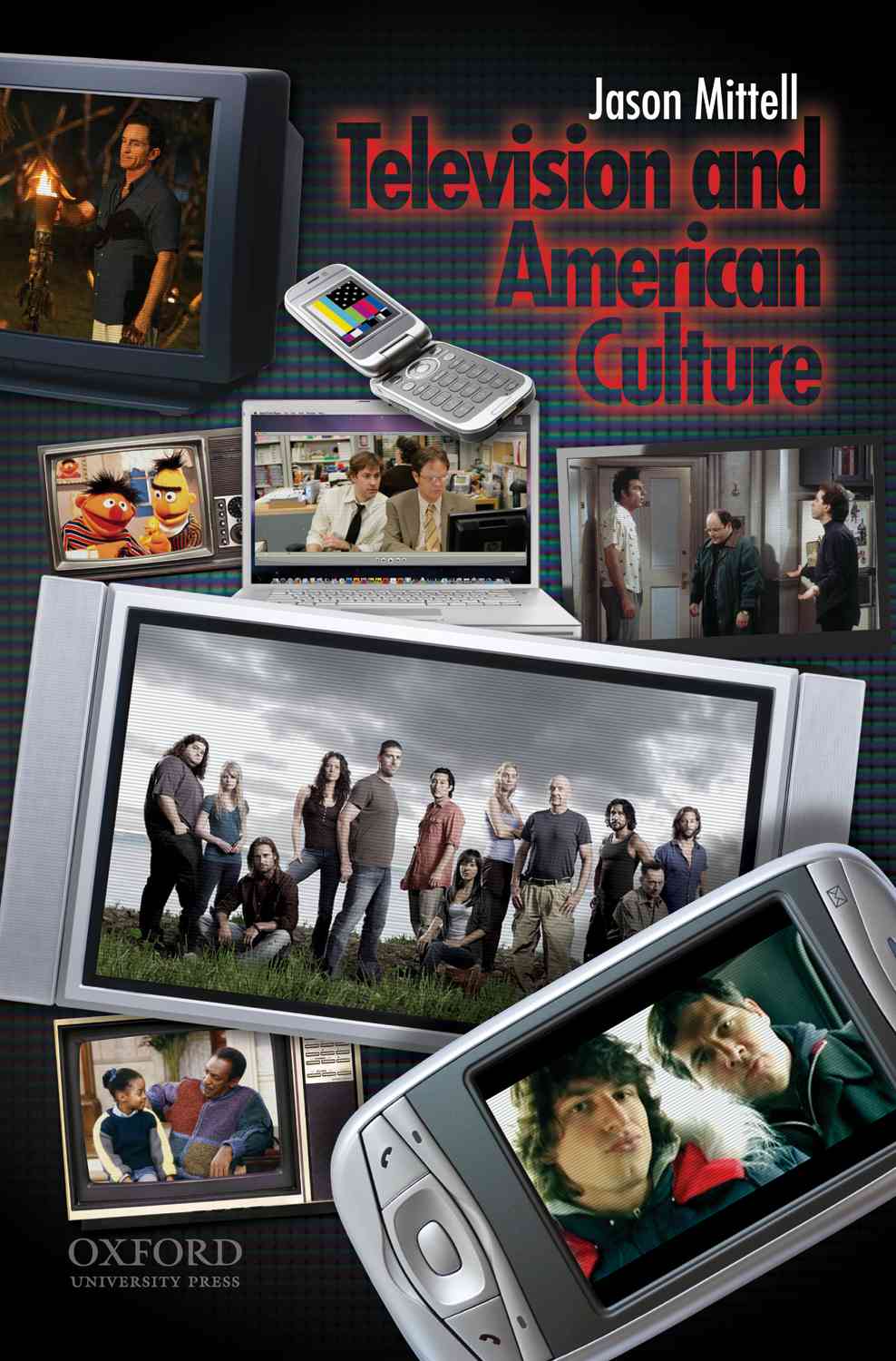Essential tools for navigating digital culture
I’ve been asked by my friend/colleague/Dean/Provost Tim Spears to contribute to his blog, One Dean’s View, offering a post on a few digital tools that I find essential for navigating my digital life. Here’s what I had to say, reblogged:
I am known as one of the more technologically engaged/addicted faculty members at Middlebury. Luckily, it ties directly into what I teach: media studies, focused on contemporary popular culture, television, and digital media. So the hours I spend on my MacBook Pro are mostly part of my broader “field research,” whether it’s Facebook social networking, writing on my blog, or reading articles from dozens of sources I regularly monitor.
Everyone has different technological preferences and tendencies – while I’m always on my laptop, I never carry a cell phone except for travelling out of town, and I have no interest in having a Blackberry or other mobile device (except as a way to play audio and video on the fly). So when Tim asked me to offer some tips for his readers for some essential technology tools, it should be noted that these are potentially more appropriate for laptop or desktop computers than for mobile browsing.
My two core tools are the Firefox browser and Google suite of applications. Firefox is my browser of choice both because of its open-source core and its suite of extensions. My personal favorite Firefox add-ons are AdBlockPlus to eliminate flashing banners and annoying pop-ups, Download Helper to save YouTube videos to my computer, Interclue to preview links, and Tab Mix Plus to manage tabs (and I usually have at least 6 tabs open in my browser).
I’m a convert to the Google platform of tools – I use Gmail as an interface for all my email, have iGoogle as my homepage, plan my days through Google Calendar, and obviously search via Google. One tool I’ve found a lot of Google users don’t know about is Google Reader, an RSS reader. In brief, RSS is a way to subscribe to websites that frequently update, such as blogs and periodicals; an RSS reader allows you to manage feeds from as many sites as you want, sort them by date, tag, topic, etc. Google Reader is the slickest RSS reader I’ve found, with the excellent feature to share items with friends, and even publish your shared items to your own blog or your Facebook profile. (My own shared feed is here.)
Another key tool I use is delicious, a “social bookmarking” site. When I find a website that I want to bookmark, I save it to my delicious profile (via a Firefox extension, of course), where I can tag it with relevant categories and notes. I can also share my bookmarks with friends, follow other people’s bookmarks, browse similar links via tags, and publish my links to my blog or Facebook profile. Essentially, delicious turns the private act of collecting links into a public shared resource of collective web-surfing wisdom – not to mention helps avoid the trauma of a crashed hard drive erasing your bookmarks!
Sometimes a bookmark isn’t enough – if I find a site that I want to use for my research, whether it’s an article from an online newspaper, a PDF of a scholarly journal, or a particularly interesting blog entry, Zotero helps me catalog it. Zotero is an open source bibliographic tool that runs as a Firefox add-on. When you find a site you want to cite, Zotero saves the content and stores the bibliographic information; you can then use Zotero to output bibliographies or citations directly into a word processor. It’s essentially a browser-based version of EndNote or RefWorks, but free and more useful for online research.
When it comes time to write with all that “research,” I’m still searching for the right application. I’ve used MS Office for years, but have grown frustrated with it, as it really is ill-suited for Macs. I’ve tried GoogleDocs, which is great for collaborative writing and sharing, but lacks the formatting flexibility I need (such as footnotes and handling longer documents). I love Keynote, Apple’s far superior-to-PowerPoint slideshow application that’s part of iWork, but was disappointed with some of the limitations of Pages and Numbers. I’m currently using OpenOffice, which is powerful but I’m still getting used to its quirks and bugs. I will use Scrivener to help organize my next book, but it’s not the right tool for everyday writing. If anyone has anyone has tips for the best Mac-friendly alternative to MS Office, I’d love to hear it!
Filed under: Academia, Middlebury, New Media, Technology | 2 Comments
Tags: tools









You should try Nisus Professional. I think its the best word processor for mac. I tried also Mellel, but could not adapt to its interface. Another nice software for writing is omnioutliner, I think it is better than Scrivner for the first draft.
Best,
Roberto
This is great. I’m sure there’s something profound we could say about the fact that many of us get asked these questions and end up blogging about them. Of course I can’t think of anything pithy at the moment. I enjoy versions of the Top Ten Tools posts and say thank you for posting them. 🙂 Also, grats on the shout-out from Henry today!